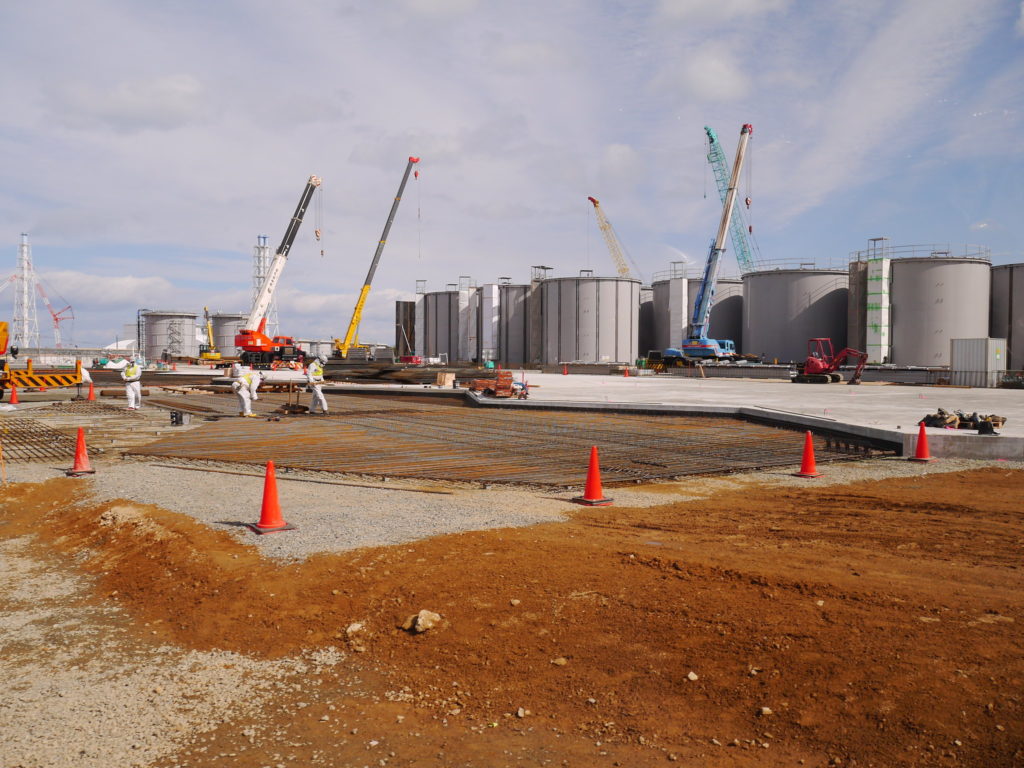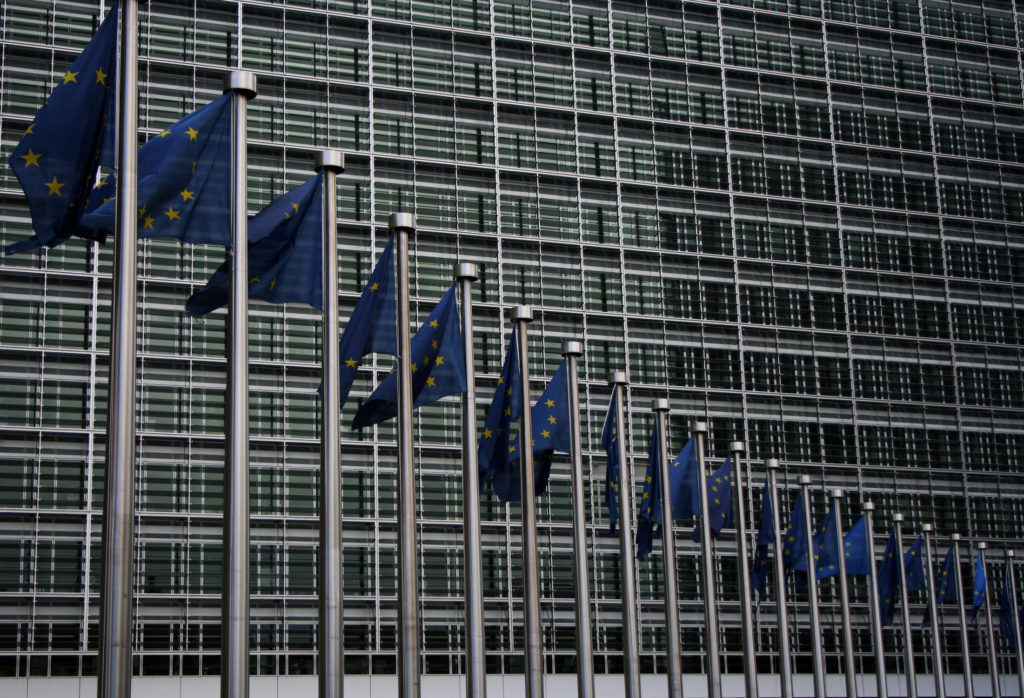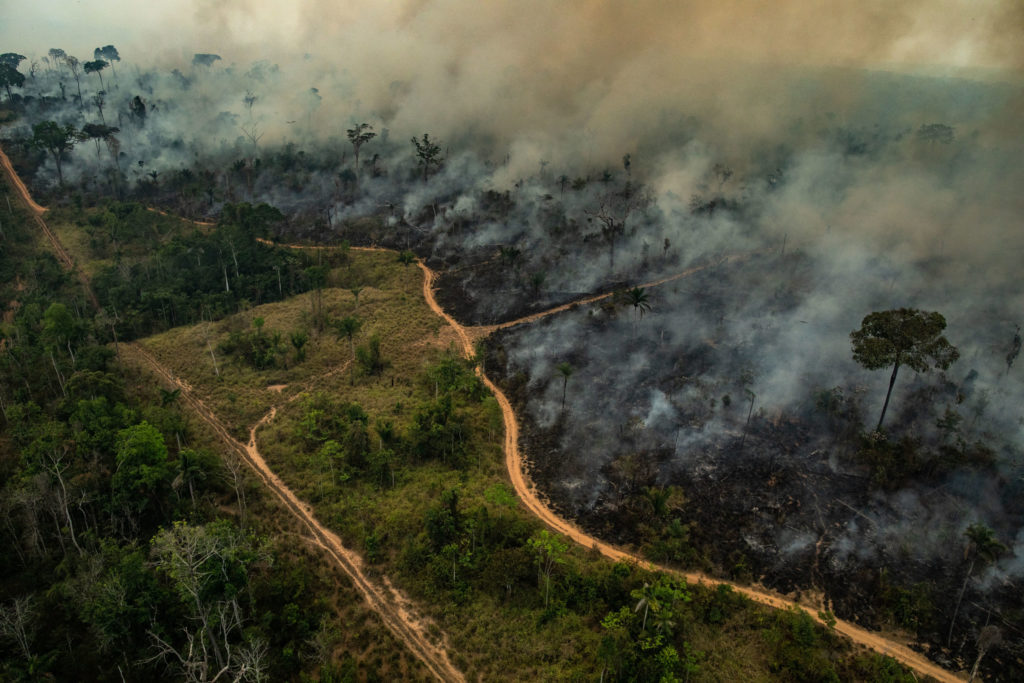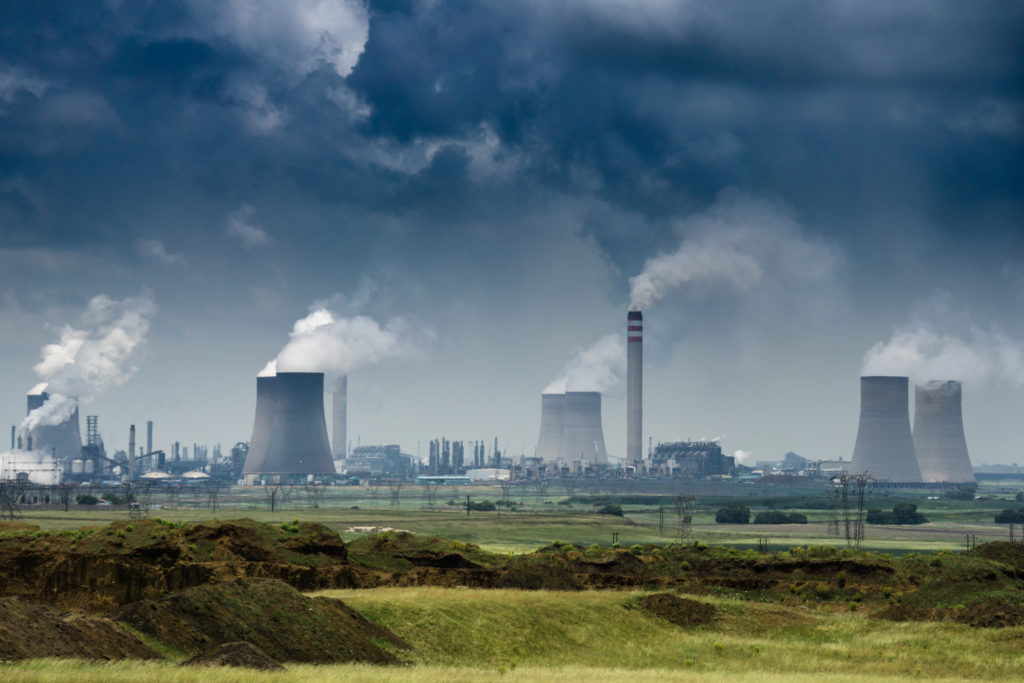
Fukushima Aims for a Renewable Energy Future
On March 11, 2011, the Great Tōhoku Earthquake – the most powerful ever recorded in Japan – caused a tsunami that reached up to 10km

On March 11, 2011, the Great Tōhoku Earthquake – the most powerful ever recorded in Japan – caused a tsunami that reached up to 10km

With over half the world’s population predicted to live in water-stressed areas by 2025 we must find effective solutions to the incumbent water crisis. Water

Another record broken in Antarctica. Certainly not one to be proud of. Satellite images released by Nasa have made headlines, revealing the extent of glacial

Increasingly, large corporations (with even larger carbon footprints) are putting forward ambitious climate pledges. Yet these commitments often lack clear planning and direction, making it

Applying altmetrics to climate change papers reveals that they are amongst the most engaging research articles of 2019. Papers on the climate emergency, rising sea

The circular economy is all about replacing the current “linear” model of growth and reducing the strain on planet Earth’s limited resources. Currently, the global economy is only 9% circular – just 9% of the 92.8 billion tonnes of minerals, fossil fuels, metals and biomass that enter the economy are re-used annually. However, as policymakers and businesses start embracing the circular model they need science and research to provide fact based knowledge that can dictate policy and direct businesses towards effective strategies and away from pointless “greenwashing”.

The World Economic Forum’s annual Global Risks Report brings together around 800 experts in business, government and civil society to create a summary of what “the world’s most pressing challenges” for the coming year by likelihood and impact will be. Unsurprisingly, climate-related issues featured in all of the top long-term risks. However, the report also revealed how different global actors perceive these risks and, alarmingly, business leaders are lagging behind other respondents. A finding that was emphasized by the Annual CEO Survey that revealed just how far behind business leaders are in their concern for climate risks.

Providing universal energy access by 2030 is one of the UN defined Sustainable Development Goals. It will require doubling current investments in the energy sector, with a significant focus on sub-Saharan Africa. Fortunately, there is a new protagonist under the spotlight, bringing a more resilient and cost-effective solution to electrification. Forget the “bigger is better” mentality, the future is small, interactive, and decentralized.

“Moving first and moving fast” to make Europe the first climate-neutral continent by 2050: ambitious objectives and an investment plan that will activate over one trillion in new capital flows as well as generating jobs. Not to mention a new Climate Law that has the potential to become the most innovative legal regime in the history of environmental legislation. The European Green Deal illustrated in detail.

Australia is experiencing the worst wildfires seen in decades, as drought and heatwaves fan the flames. In the summer and Autumn of 2019, a significant increase in wildfires brought the Amazon close to a tipping point with global ramifications. Some of these fires were caused by man as land is cleared to make way for agribusiness, logging, mining and other “development” projects. While climate change is exacerbating bushfire intensity and damages, experts and policymakers are calling for strong measures to save what is one of the planet’s main carbon sinks and a vital natural climate solution.

The idea of mitigating climate change by removing carbon from the air is nothing new. It has been present on the desks of academics, businessmen and policymakers for over twenty years, taking a central role in climate change prediction models and leading to intense debates on its feasibility and potential for scale up so as to avoid catastrophic climate change. A new study published in the Energy and Environmental Science journal outlines a new ground-breaking technology that may be able to overcome some of the criticisms levelled at direct air capture for carbon storage technologies.

Although fossil fuels have powered and shaped the modern era they have also been a major contributing factor in the current climate crisis. However, energy will also be a key factor in coping with the consequences of climate change: a global clean energy revolution whose economic implications bring newfound hope for our future.